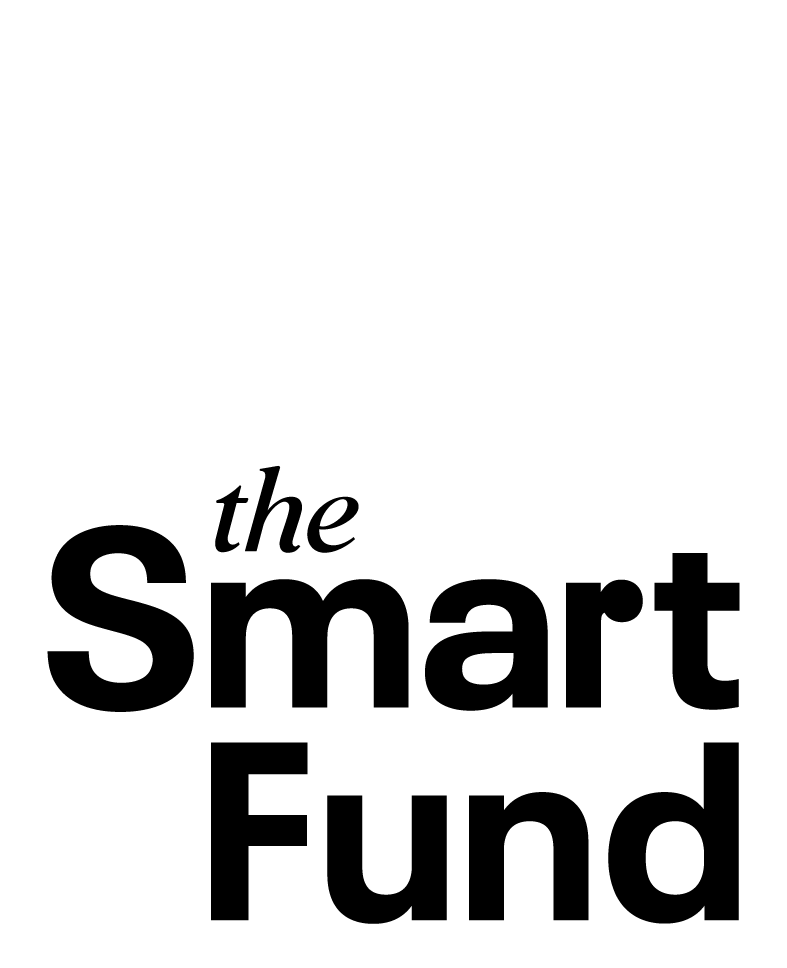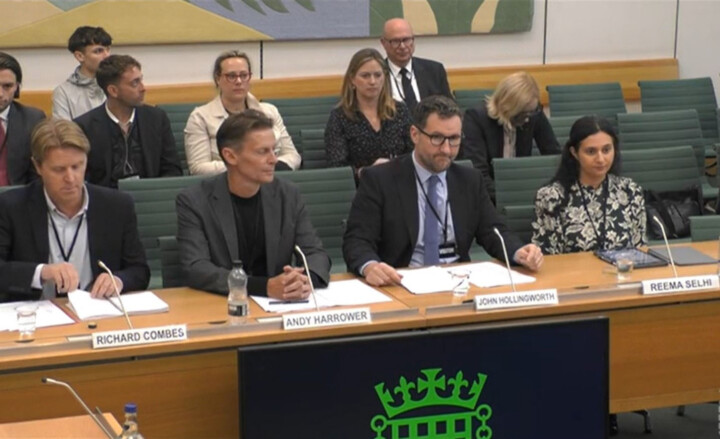19 September 2023
Today the Culture, Media and Sport Select Committee hosted a session where four organisations, The Authors’ Licensing and Collecting Society (Writers, ALCS), British Equity Collecting Society (Actors and Performers, BECS), the Design & Artist Copyright Society (Visual artists, DACS) and Directors UK (TV and Film directors), gave evidence exploring the issues around creator remuneration in the UK.
Dame Caroline Dinenage MP, Committee Chair, asked about the working practices across the creative industries, including the increased precariousness of employment and continual falling remuneration for creators. The Covid-19 pandemic brought a sharp focus on these long-standing issues, at a time when many freelance creatives were locked out of support schemes.
Reema Selhi, Head of Policy & International, DACS said: “Leave copyright exceptions alone. Meddling with this policy leaves the door open for Big Tech companies to push for deregulation. We need to look at what other countries are doing and how they are pushing for creator remuneration.
“Our proposal, the Smart Fund, will address issues of creator remuneration for a wide range of creators and performers. It doesn’t reinvent the wheel: it echoes private copy levies in 45 countries, which are established and successful. Government is in a prime position to make a workable solution fit for the UK, which would bring vital income to underpaid creators and performers.”
Richard Combes, Deputy CEO, ALCS, said: “Many freelancers have fallen through the gaps in government support and due to the nature of freelance work there is no special consideration made for how tax and benefits relate to such workers, but we cannot afford to lose this creative pool. A Freelancer Commissioner would help Government understand and navigate the issues of freelance work, and many of the issues that UK creators face.”
Jess Winchester, Legal Counsel, BECS, said: “UK performers’ income is becoming more precarious than ever. Since the UK has left the EU they are losing out on some of the statutory payments that were previously available when their work was used in Europe. The UK Government has an opportunity to alleviate this loss by introducing a statutory private copying scheme in the UK, the Smart Fund, similar to schemes already operating in 45 countries around the world. As well as providing a much-needed additional revenue stream to compensate them when their work is privately copied and shared in the UK, this would also address the issue of reciprocity. This would help our world leading performers to continue to entertain us, boost our economy and the UK’s reputation abroad.”
Information on some of issues highlighted in the Committee, and personal stories of people working in the creative industries are available online.
For more information, please contact communications@dacs.org.uk
Find out more:
19 September 2023
Today the Culture, Media and Sport Select Committee hosted a session where four organisations, The Authors’ Licensing and Collecting Society (Writers, ALCS), British Equity Collecting Society (Actors and Performers, BECS), the Design & Artist Copyright Society (Visual artists, DACS) and Directors UK (TV and Film directors), gave evidence exploring the issues around creator remuneration in the UK.
Dame Caroline Dinenage MP, Committee Chair, asked about the working practices across the creative industries, including the increased precariousness of employment and continual falling remuneration for creators. The Covid-19 pandemic brought a sharp focus on these long-standing issues, at a time when many freelance creatives were locked out of support schemes.
Reema Selhi, Head of Policy & International, DACS said: “Leave copyright exceptions alone. Meddling with this policy leaves the door open for Big Tech companies to push for deregulation. We need to look at what other countries are doing and how they are pushing for creator remuneration.
“Our proposal, the Smart Fund, will address issues of creator remuneration for a wide range of creators and performers. It doesn’t reinvent the wheel: it echoes private copy levies in 45 countries, which are established and successful. Government is in a prime position to make a workable solution fit for the UK, which would bring vital income to underpaid creators and performers.”
Richard Combes, Deputy CEO, ALCS, said: “Many freelancers have fallen through the gaps in government support and due to the nature of freelance work there is no special consideration made for how tax and benefits relate to such workers, but we cannot afford to lose this creative pool. A Freelancer Commissioner would help Government understand and navigate the issues of freelance work, and many of the issues that UK creators face.”
Jess Winchester, Legal Counsel, BECS, said: “UK performers’ income is becoming more precarious than ever. Since the UK has left the EU they are losing out on some of the statutory payments that were previously available when their work was used in Europe. The UK Government has an opportunity to alleviate this loss by introducing a statutory private copying scheme in the UK, the Smart Fund, similar to schemes already operating in 45 countries around the world. As well as providing a much-needed additional revenue stream to compensate them when their work is privately copied and shared in the UK, this would also address the issue of reciprocity. This would help our world leading performers to continue to entertain us, boost our economy and the UK’s reputation abroad.”
Information on some of issues highlighted in the Committee, and personal stories of people working in the creative industries are available online.
For more information, please contact communications@dacs.org.uk

